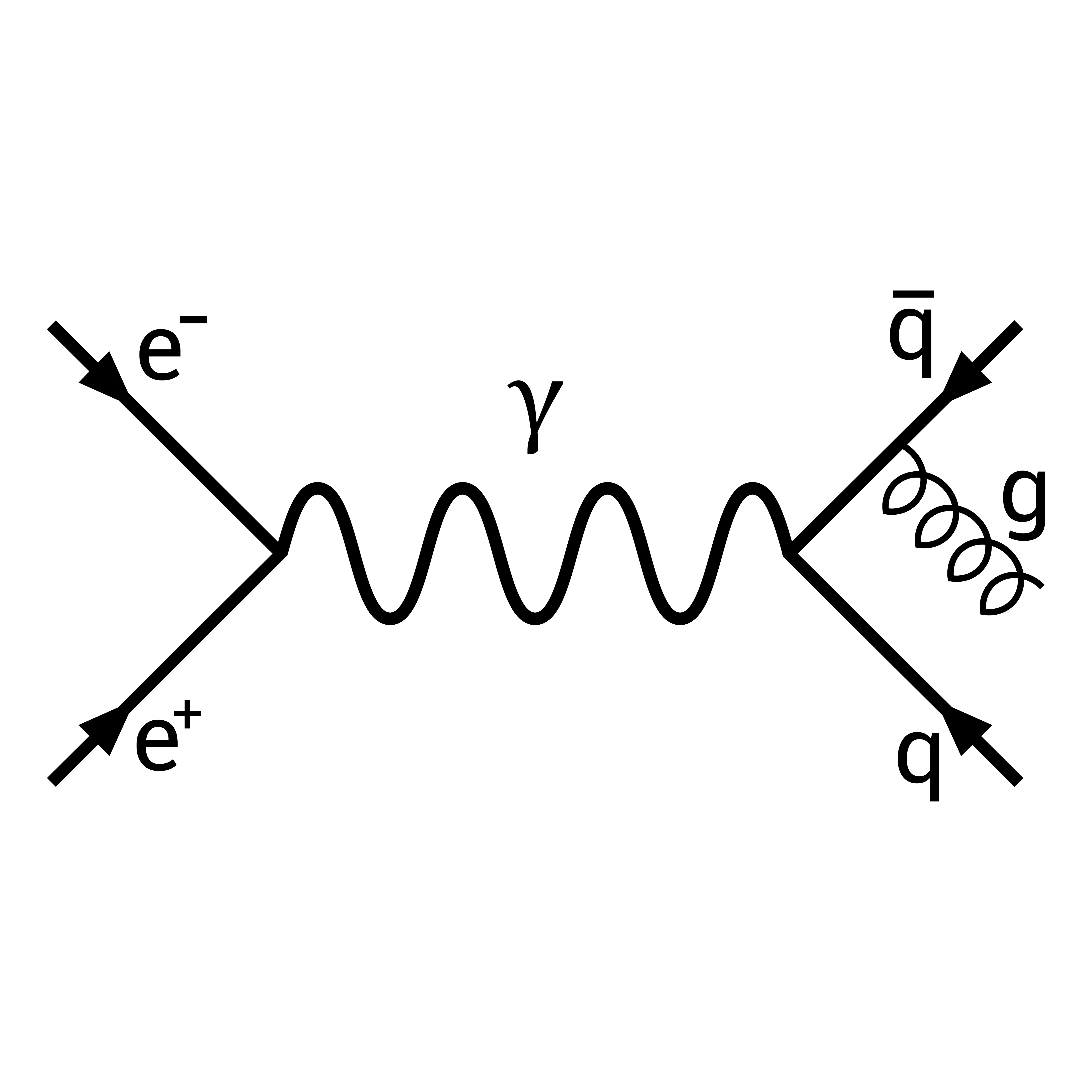Perform: Authenticity and The Voice (repost, sort of)

Adapted from a post from February 9, 2008
This week in the studio has been a fun-filled authenticity fest. Actually, most weeks are that way but this week prompted me to tease out what makes a voice authentic and why that matters.
For our purposes, we will definite authenticity as being true to one's own personality, spirit, or character. In the paper "The neural integration of speaker and message" Neuroscientists from the Max Planck Institute for Psycholinguistics, Nijmegen, Netherlands discuss their findings regarding the judgments we make when we hear a voice.
A primary finding was that humans judge whether there is congruency between a voice and the identity of the speaker and that these judgments precede language. In other words, the sound and quality of the voice is judged to be authentic or not before the content of the language is parsed. The decision to trust the authority of the speaker happens before the content is understood.
At the beginning of an opportunity to connect with other people, we are contending not just with the content, but also with something few people work on, the voice itself. From the study above we can surmise that the concept of congruence is the key.
So, what can you do with this information?
The human voice is a highly adaptable instrument that is often treated as if set in stone. It is also treated as if it can work in isolation from the rest of the body. The voice is an expression of yourself as much as of thoughts, and intentions. It represents a negotiation of the resources within the body and it is far more versatile and powerful than most people think.
What are the barriers to an authentic voice?
One barrier to authenticity in voice-use is tension. Tension shifts alignment and affects the efficient use of air. Paradoxically, the misuse of air can be the cause of tension in voice-use. Since it is often hard to determine where the problem began, both areas (Physical tension and breath-use) must be addressed in order to maintain health and authenticity in voice-use. Another issue is embodiment -- How willing is the speaker to be fully aligned both physically and mentally?
So what's next?
I sincerely hope that what is next for you is an active curiosity about your voice's capabilities and how it works. The impact of your words have never been content dependent. It is authenticity dependent. Not in a buzz word kind of way, but in complete alignment with who you are.
Related posts

Keeping It Real: Why Engagement Beats Polish Every Time
Polished speakers can fail to make long term impact. Engagement, passion, and clarity move people to act.
.webp)
.webp)


